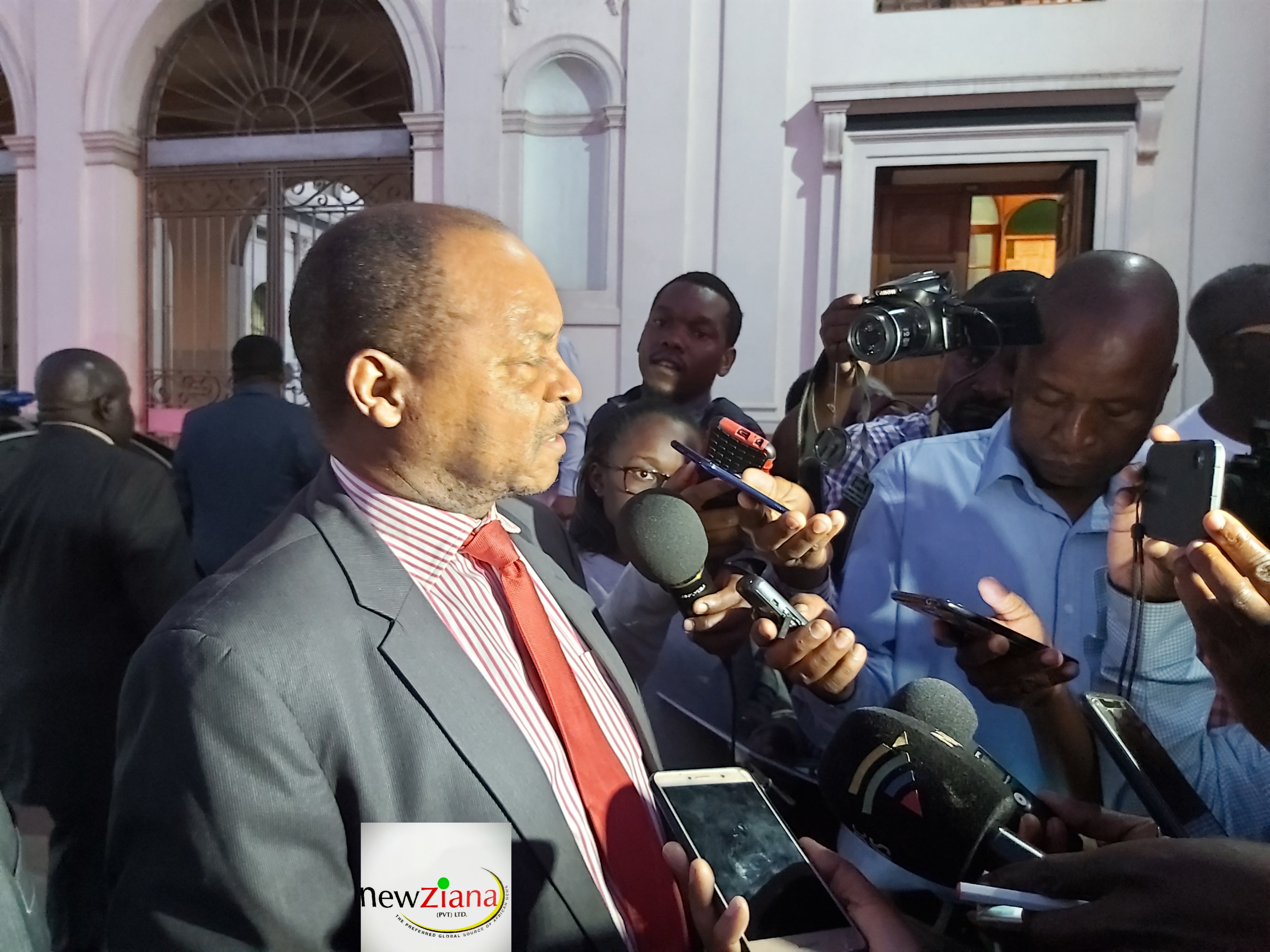UNFPA rallies Zim to urgently tackle GBV amidst Covid-19 pandemic
Share

Harare, July 07, 2020 (New Ziana) – The United Nations Population Fund (UNFPA) on Tuesday urged Zimbabwe to fast track its response to curtailing gender based violence (GBV) and other harmful social practices as the outbreak of the COVID-19 pandemic has reversed progress previously made.
The sexual and reproductive health agency of the UN, the UNFPA, is playing a lead role among development partners in assisting government efforts to end GBV.
Organisations dealing with cases of GBV in Zimbabwe, which include the police, have reported a spike in cases since the country was placed under lockdown at the end of March.
Speaking during a virtual launch of the agency’s 2020 State of the World Population Report, UNFPA Zimbabwe country representative Dr Esther Muia said it was imperative that immediate action be taken to respond to, not only the increase in cases, but also to tackling some harmful practices such as child marriages, which continue to be perpetuated unmonitored during the Covi-19 era.
“Initiatives to end GBV and other harmful cultural practices have been affected by the outbreak of the Covid19 pandemic because it is affecting society at all levels and it will continue to disrupt the efforts and so we need to fast track our response in averting GBV, child marriages and other potentially harmful practices,” he said.
The 2020 report identifies at least 19 harmful practices, ranging from breast ironing to virginity testing, which are considered human rights violations, with three of the most prevalent ones being female genital mutilation, child marriage, and extreme bias against daughters in favour of sons.
The report was themed, “Against my will – Defying practices that harm women and girls and undermine equality.”
Dr Muia said some of the effects of the Covid-19 outbreak in shadowing GBV in societies as continued monitoring was not possible, would only come to the fore in the next few months.
She called on the government to firmly take a lead role in tackling GBV, while lauding donors for their unrelenting support through various initiatives.
The European Union as well as countries including Canada, Sweden and Ireland are backing efforts towards eradicating gender based violence and other harmful social practices in Zimbabwe.
“…I speak for (UNFPA) Zimbabwe, we will not tire even during emergencies, even during humanitarian situations, we shall continue working together to make a change, a change that will be lasting so that the harm that goes on to women and girls and undermines their equality is reduced,” said Dr Muia.
Women’s Affairs, Community and Small to Medium Enterprises Development permanent secretary Melusi Matshiya acknowledged that Zimbabwe was no different from the rest of the globe when it came to GBV and related issues.
He said GBV put women and girls at a disadvantage as they “do not enjoy the same economic, political and social status as men.”
“Zimbabwe is highly committed to ensuring that matters of discrimination against women and other gender related inequalities are addressed in a manner that conforms to international standards and experiences,” he said.
It was imperative that poor and vulnerable families be empowered to ensure that girls did not marry young as an exit strategy from poverty, he said.
Matshiya lauded development partners for continuing to support government efforts in addressing GBV and other inequalities.
EU ambassador to Zimbabwe Timo Olkkonen said the block had through a programme called the Spotlight Initiative, invested up to US$30 million towards “a comprehensive programme directed to tackle gender based violence in partnership with the United Nations, the government and various stakeholders.”
New Ziana








